How to Break a Text and the Meaning of Resilience

Something I’ve learned by working in theatre is the importance of a resilient text. A resilient text is one that can withstand artistic and audience interpretation and still maintain its meaning, and integrity. These texts should be able to fundamentally “work” regardless of who is in them. Shakespeare’s plays are resilient texts; the beauty of them can still be understood whether they’re performed by Judi Dench for the RSC, or Jude Dench from Dench Construction down the road, rehearsing in the weekends. Funny Girl, the musical, is not a resilient text. It works when you have a performer with either overwhelming charisma (Barbra Streisand) or intense likeability (Sheridan Smith) playing Fanny Brice. It does not work when basically anybody else plays that role (Lea Michele is an outlier and should not be counted for this anecdata).
This doesn’t just apply to theatre. It applies to anything that can be interpreted or adapted. Songs, books, film, TV, comic books, anime. Otis Redding wrote and performed “Respect”, but that is, as far as culture is concerned, an Aretha Franklin song. Fleabag is a pretty great play, and an all-time TV series. When a text is filtered through another lens, or re-interpreted, it is a test of its resilience. Does it still work when certain things are changed? Does the message carry? Is it still good? Fundamentally: Does the artistic soul at the centre of the project remain?
A bad interpretation or adaptation really breaks a text. I’ve never seen an actor so bad in a show that it makes me think the show is bad (although I have seen performances so bad it reveals the badness of the text, but another topic for another essay). I’ve seen decent adaptations of good things, good adaptations of bad things, and everything in between. “Breathe” from In the Heights will survive every musical theatre showcase it has been dragged out for, the Gentleman Caller will remain one of Tennessee Williams’ most beautiful and earnest creations regardless of drama school failures, and Storm, the mistress of the elements, has survived Halle Berry.
However, what happens when you have a interpretation or an adaptation that is so good - or so defining - that it breaks the text? That it opens it up and becomes the canonical version of it?
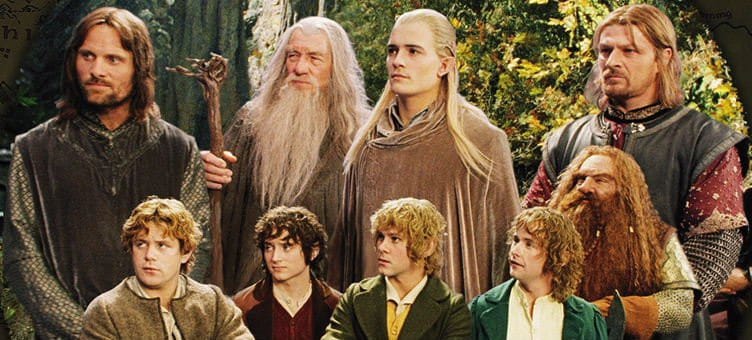
I can’t help but think of Lord of the Rings when it comes to a resilient text.
The novels, by JRR Tolkien, are one of the load-bearing pillars and gateway drugs of the fantasy genre. For decades, The Lord of the Rings was the popular blueprint for that genre, and even the lens through which it was viewed. Men, dwarves, elves, orcs might not have been born in these novels, but you can point to Tolkien’s trilogy as sort of the ur-text for many tropes that are now pretty much standard.
Cut to the early aughts, and one of the biggest film trilogies of all time, The Lord of the Rings, as adapted by Peter Jackson. These films are huge. They are definitive. Even two decades after the fact, they stand out as exemplars of the genre. If you happened to be of a formative age when they came out, especially in the country where they were filmed and became their own weird self-sustaining cottage industry, they were inescapable. When you think of an elf, you think of Cate Blanchett in prosthetics and a wig, or maybe Orlando Bloom in a wig. When you think of hobbits, you think of four little twinks. When you think of a wizard, Ian McKellen. You get me. The Lord of the Rings film trilogy is the benchmark of modern fantasy, give or take a Game of Thrones (and Game of Thrones is a whole other conversation when it comes to the canon and cultural saturation, one that isn’t to be tackled in this essay).
I don’t have the numbers regarding what has been consumed, or inhaled, more by the culture – Tolkien’s books or Jackson’s adaptation. I doubt anybody actually does. However, it’s fascinating to me how the imagery of Jackson’s adaptation has slowly taken hold over the past two decades, across the many attempts to adapt various parts of Tolkien’s canon to screen, to stage, to video games. Where a reader’s imagination, and their own interpretation, defined how they saw the hobbits, Jackson’s now stands in.
A few weeks ago, I saw The Lord of the Rings – A Musical Tale, ostensibly a musical adaptation of the Tolkien novels. Across three hours, it revealed itself to be less a version of the novels, and more a homage to the films. The first film, Fellowship of the Ring, which is arguably the best and definitely the only film in the trilogy to stand alone, forms the entirety of the first act, with the musical picking up popular moments and recreating them.
There’s nothing inherently wrong about that. But there’s something sad about it, especially when it comes to looking at Tolkien’s novels. Rather than seeing a new interpretation of Tolkien’s novels, a group of creatives with a huge budget imagining around Tolkien’s text, we got a reheated version of Jackson’s (admittedly impressive) imagination of it. The musical, and by proxy its audience, ends up deferring to Jackson’s version of Tolkien, rather than interrogating Tolkien himself, and finding their own truth in it.
The text breaks, and something else has filled in the cracks.
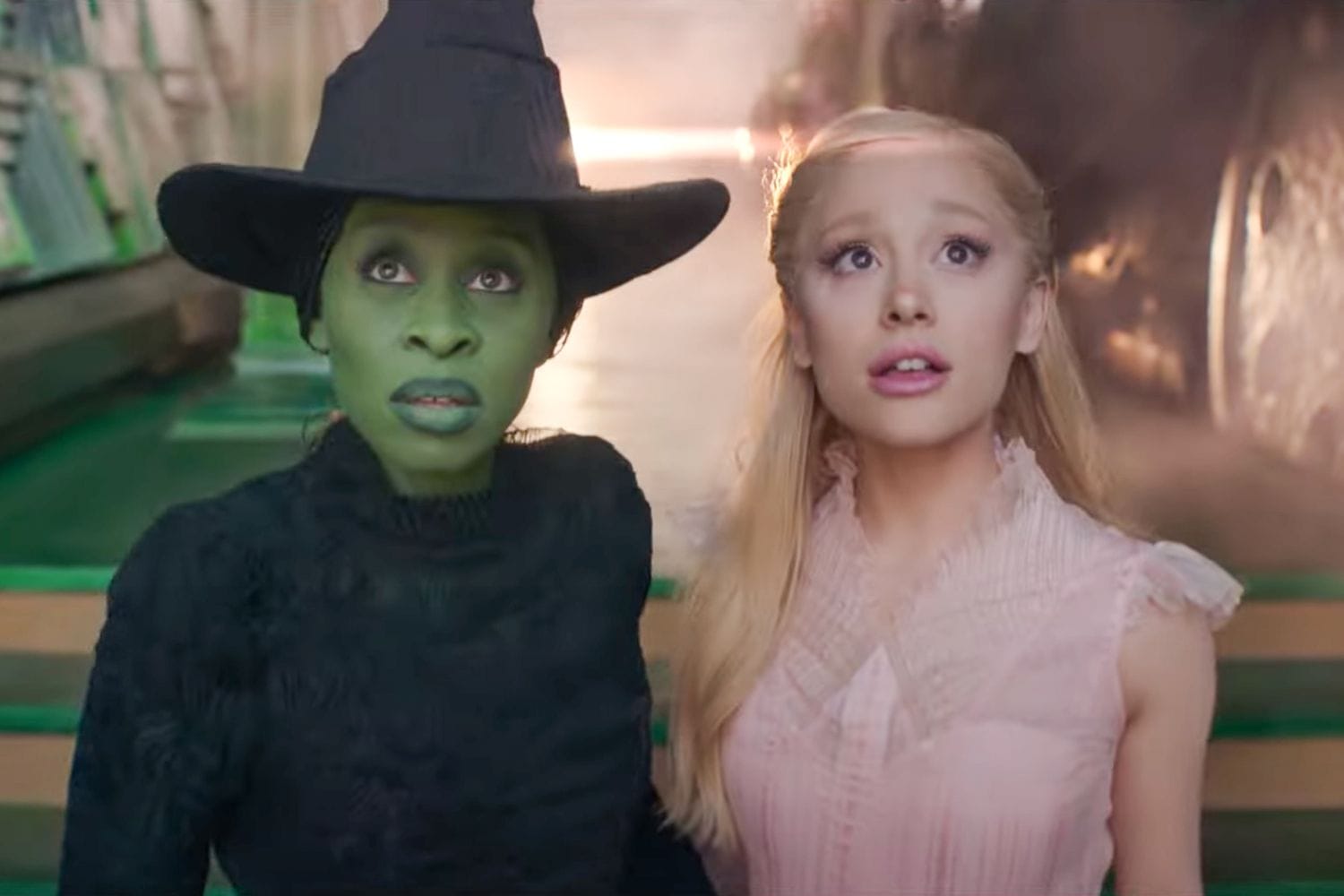
I had this thought again when it came to Wicked. I saw the film earlier this week (a good time!) and was mostly struck by how the adaptation is necessarily limited by the musical’s ubiquity. If you’re a musical theatre kid, you know Wicked. You probably know it so well that Idina Menzel’s riff at the end of “Defying Gravity” is locked in your brain like some sort of sleeper agent. Unless you’re a true nerd musical theatre kid who does things like google “Defying Gravity Riff Compilation” (couldn’t be me), the version of “Defying Gravity” you hear is Idina Menzel’s.
This is a different way of breaking a text. This is an example where the original interpreter of a text has done it in such a definitive way that every other interpreter is beholden to it. Idina Menzel is one of the most popular, and distinctive, Broadway singers of all time. She has an iron-clad, husky, voice that is not always pleasant to listen to, but immediately recognisable and irresistibly memorable. When Menzel sings a song, that becomes the way to sing it. (It’s worth noting that, by virtue of being on the Original Broadway Cast Recording, Menzel’s is the most accessible high quality version of the song to listen to. I do not acknowledge the existence of the “Glee Cast” version and neither will history.)
Cynthia Erivo – no stranger herself to definitive interpretations with the Broadway revival of The Colour Purple – takes on Elphaba in the film adaptation of Wicked. It’s no spoiler to say that her version of “Defying Gravity” differs from Menzel’s, not just because they quite literally have very different voices, but because she’s taken on a slightly different interpretation of it. It’s really good, which is unsurprising, because Cynthia Erivo is a very good singer. It’s also absolutely, likely calculatedly, not Idina Menzel’s version. It gave me a little jolt, even as someone who absolutely has googled “Defying Gravity” riffs and heard more versions of it than any human ever should.
I’ll be honest: I don’t have the musical knowledge to explain the differences. I’ll leave that to the vocal coaches gooning on Youtube reaction videos. But it did make me wonder if this would eventually become the distinctive version. Films are more accessible than musicals, and more popular than cast recordings (sorry, but its true).
In an adaptation that otherwise stays almost distractingly close to the intention of the 2003 musical (which it should be noted, is itself an adaptation that has somewhat displaced its source text, also an adaptation of a canonical text), it’s a brief moment of tension. In ways that almost too cleanly reference the theme, it dares to be different and to upend an audience’s expectation, even if just for a moment.
Wicked is a resilient text, as the countless productions around the world will attest to. Lord of the Rings is also a resilient text, but resilience only matters so much when culture magnetises to an interpretation instead. The text is not broken, but it might be a little bruised.
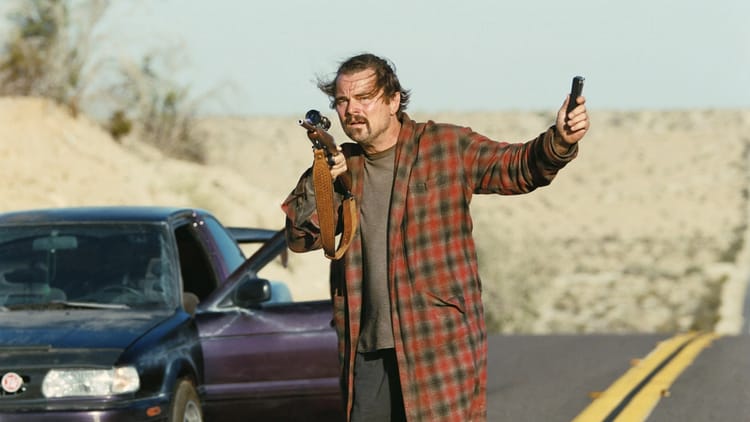

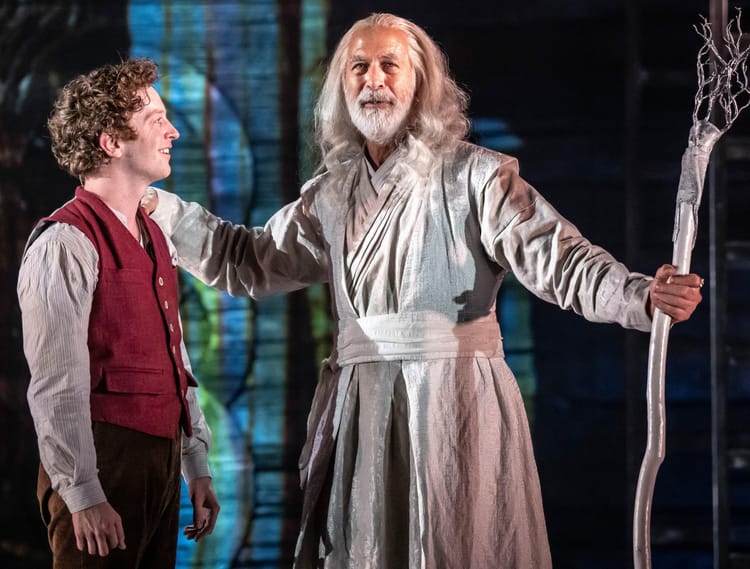

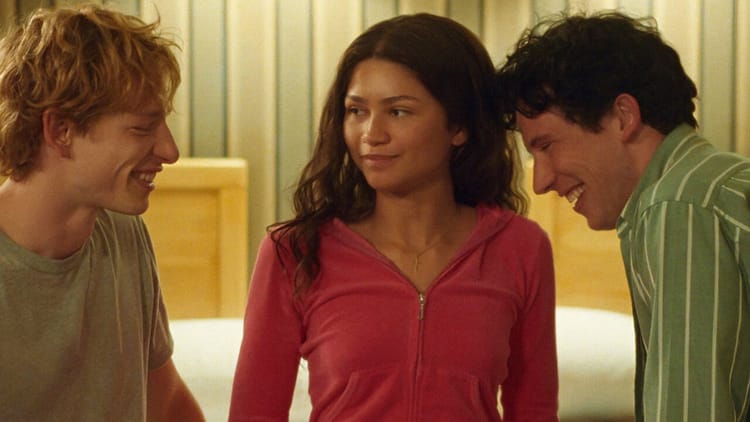
Member discussion